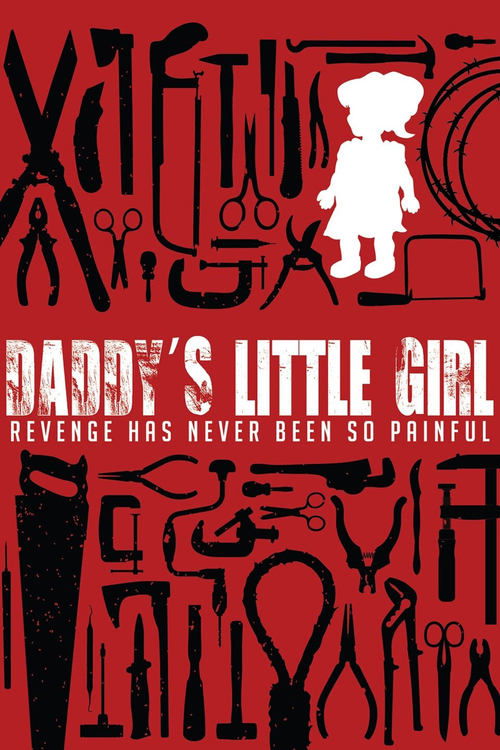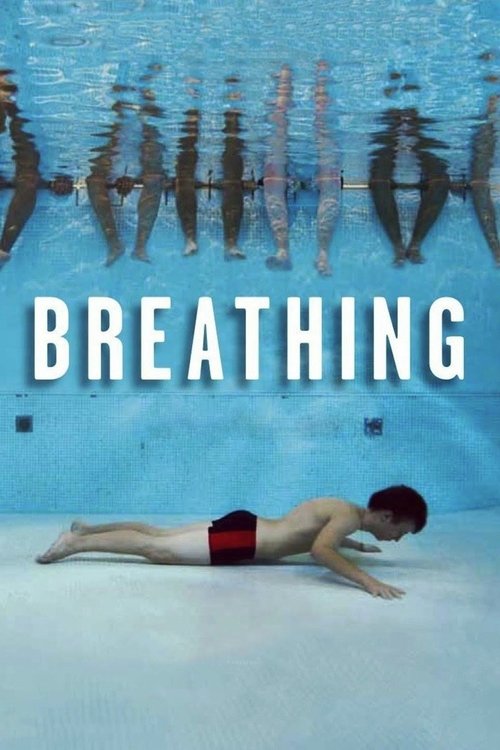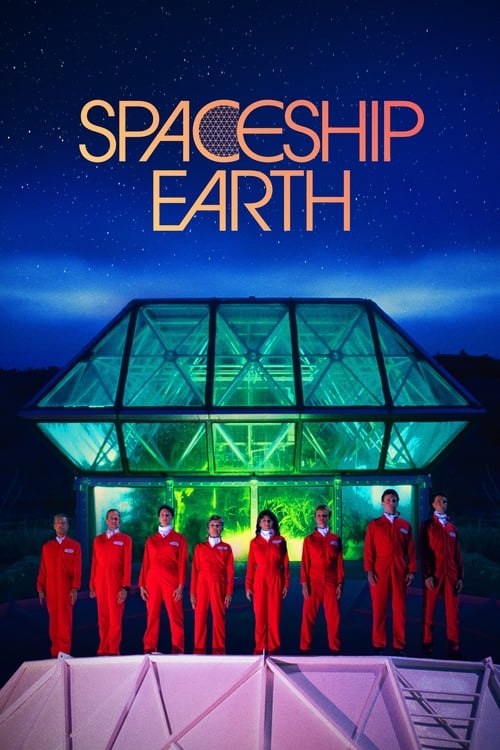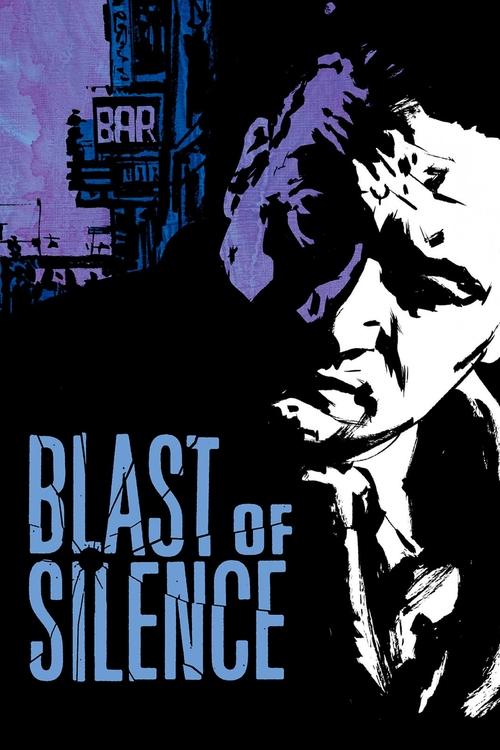
2014
20,000 Days on Earth
Documentary, Drama, Music
7.0
User Score
213 Votes
Status
Released
Language
en
Budget
$0
Production
BFI, Corniche Pictures, Film4 Productions, PHI FIlms, Golden Films, JW Films
Overview
A semi-fictionalized documentary about a day in the life of Australian musician Nick Cave's persona.
Review

furious_iz
8.0
Simultaneously one of the most pretentious and brilliant things I have ever seen. If you love Nick Cave and the Bad Seeds, you will love this. If you find his music dark and too much hard work, stay away.
8/10
Read More tmdb28039023
6.0
I wouldn’t hesitate to call Nick Cave a genius, especially not after watching 20,000 Days on Earth – and yet, the beauty of this biofictional film, co-written by Cave with directors Iain Forsyth and Jane Pollard, is its humility. Most movies about musicians, particularly rockstars, suffer from what we might call The Amadeus Syndrome; in contrast, 20,000 Days is a refreshing reminder that you must let inspiration find you working – and by ‘you’ I mean anyone; if Cave himself is a genius, it's not because all his ideas are right, but because he has the right idea about all ideas:
“We cannot afford to be idle. To act on a bad idea is better than to not act at all, because the worth of the idea never becomes apparent until you do it. Sometimes this idea can be the smallest thing in the world, a little flame that you hunch over and cup with your hand and pray will not be extinguished by all the storm that howls about it. If you can hold on to that flame, great things can be constructed around it that are massive and powerful and world-changing... all held up by the tiniest of ideas”.
This certainly is a film about the thought as well as the deed. We see Cave and the Bad Seeds working in the studio and performing onstage, but the movie reaches farther back, to the genesis of a song and even what lies before that – the ‘pre-song,’ if you will. We learn that everything – including “every secret, sacred moment that exists between a husband and a wife” – may be “cannibalized and ground up and spat out the other side in the form of a song, inflated and distorted and monstrous.”
We learn also that songs are born from chaos (“Counterpoint is the key. Putting two disparate images beside each other and seeing which way the sparks fly”), “wild and unbroken,” and it’s the songwriter’s task to grab a hold of them in this protean state and not let go until they “become domesticated … something familiar and compliant.” This is no mean feat, considering that Cave’s songs aren’t your typical ‘verse-bridge-chorus’ compositions; “Higgs Boson Blues”, featured in the film, is an outstanding example of a stream of consciousness-type song whose greatest strength is its apparent spontaneity – and indeed, if Cave wasn’t reading the lyrics off a notebook as he sings them, we might be tricked into believing he’s improvising them right there on the spot. The movie as a whole is deceivingly effortless – one of those small ideas around which something great has been constructed.
Read More 



